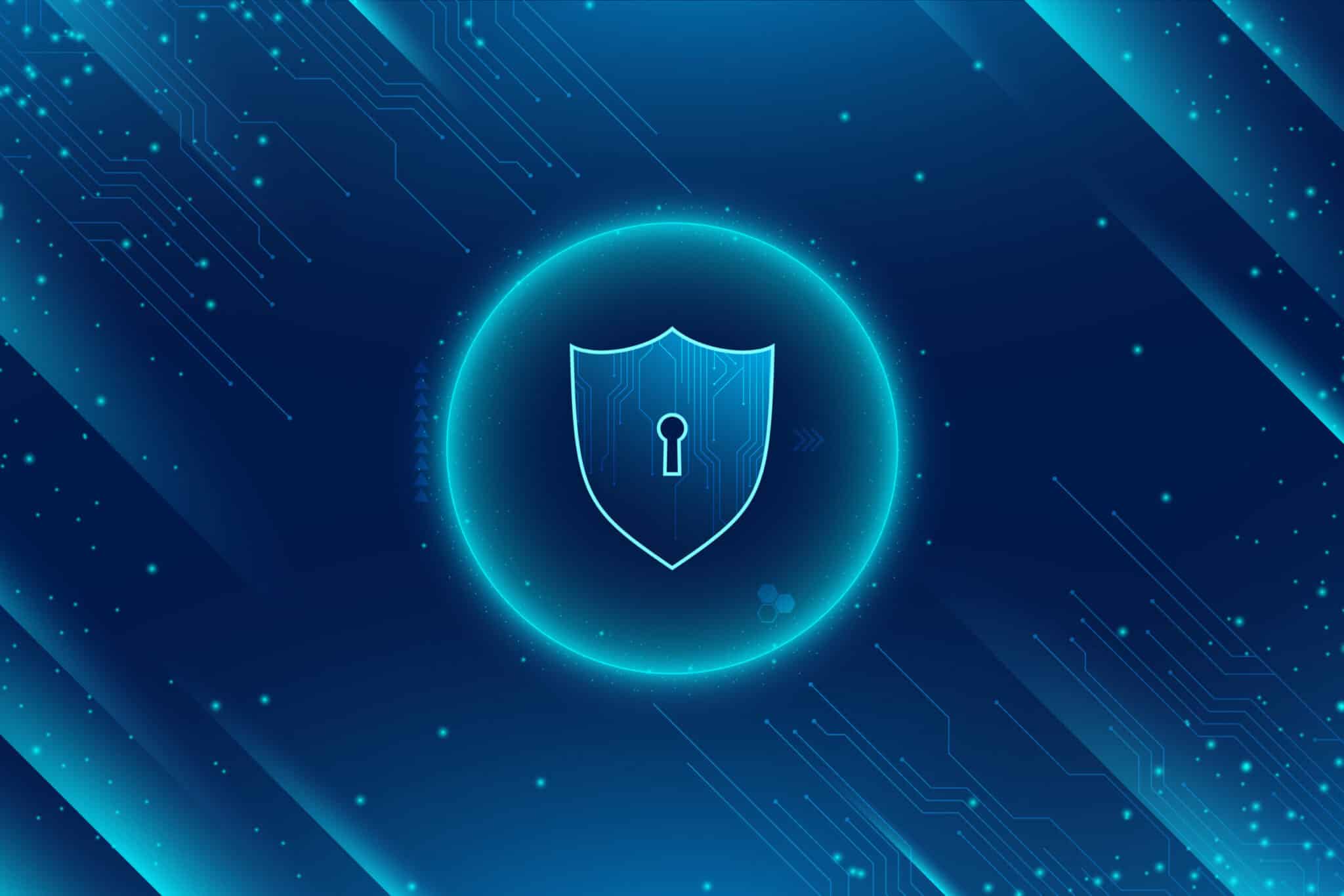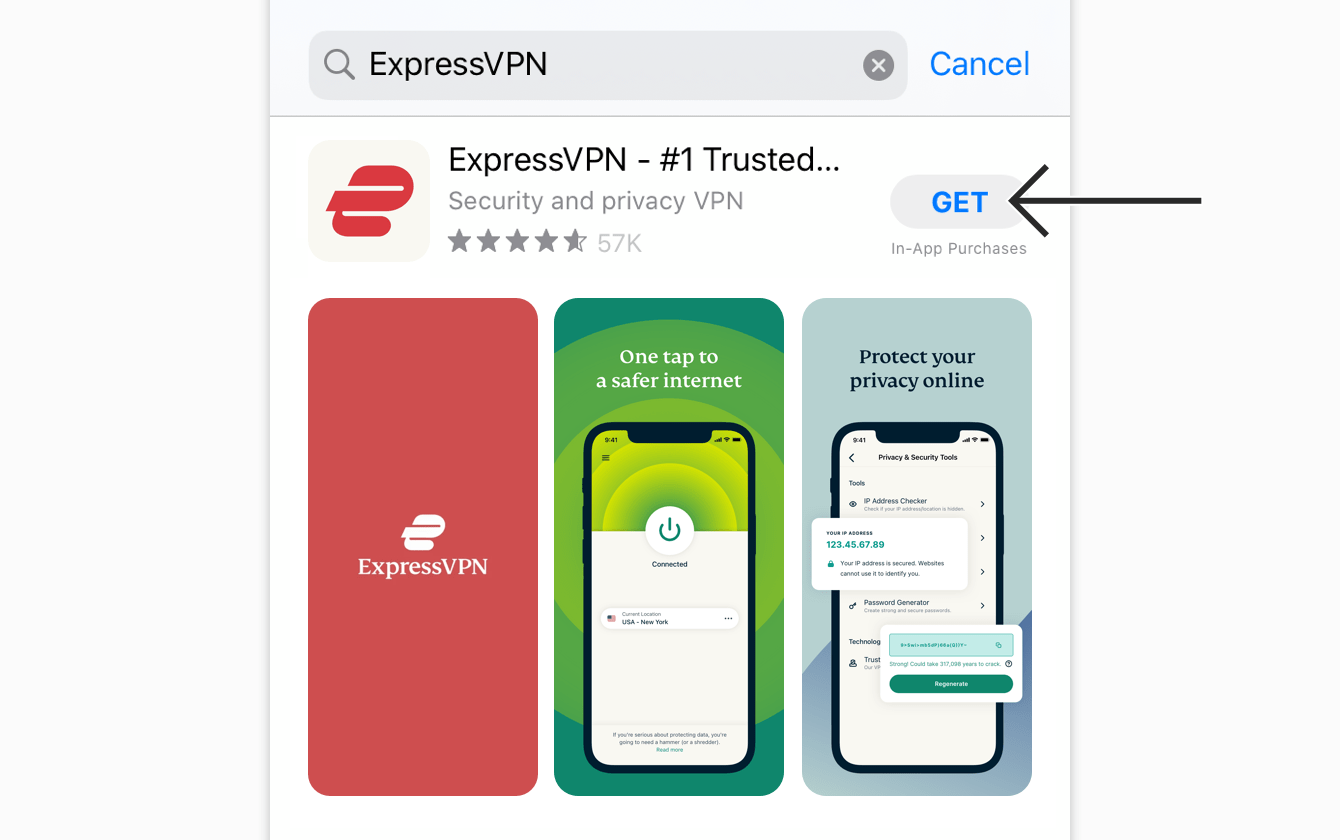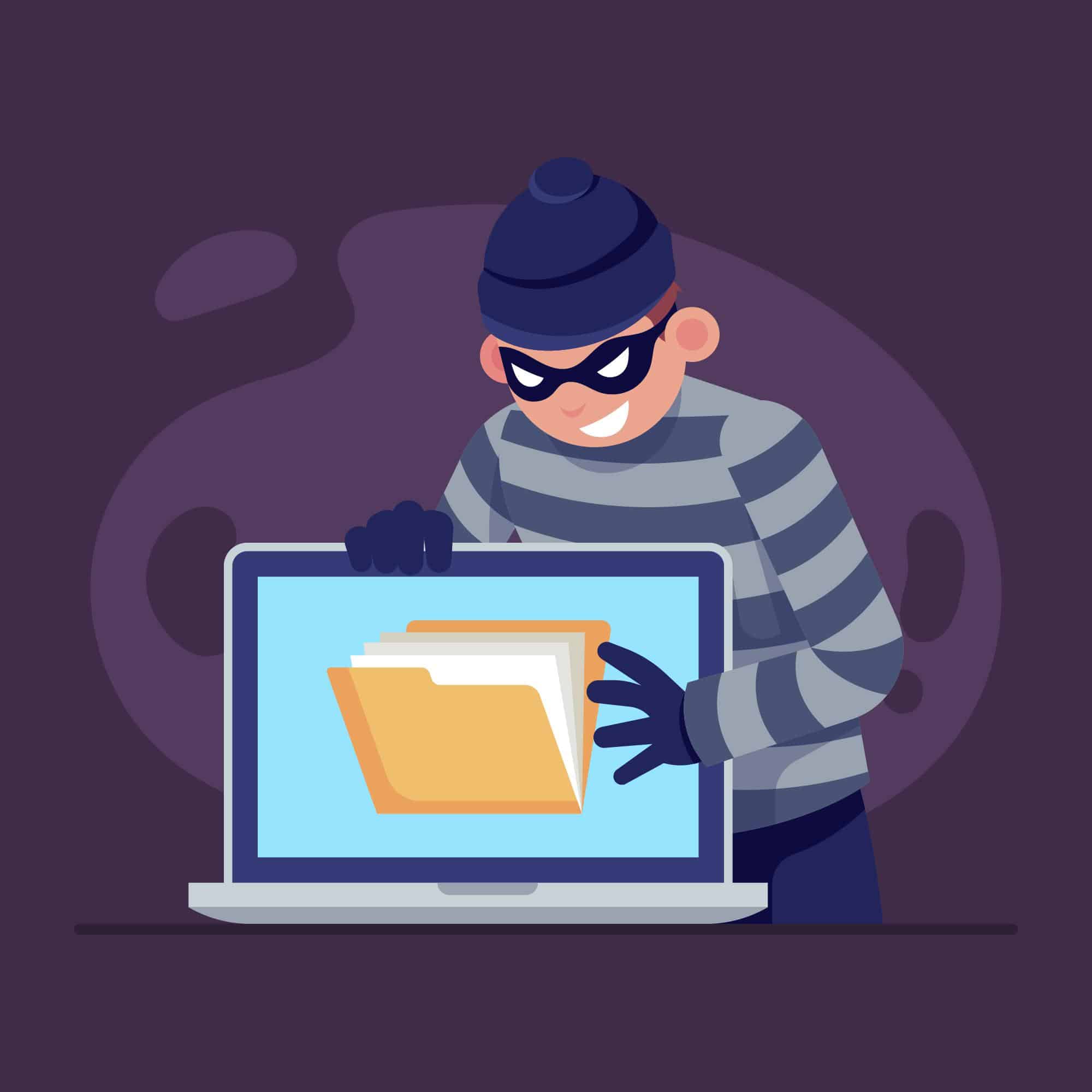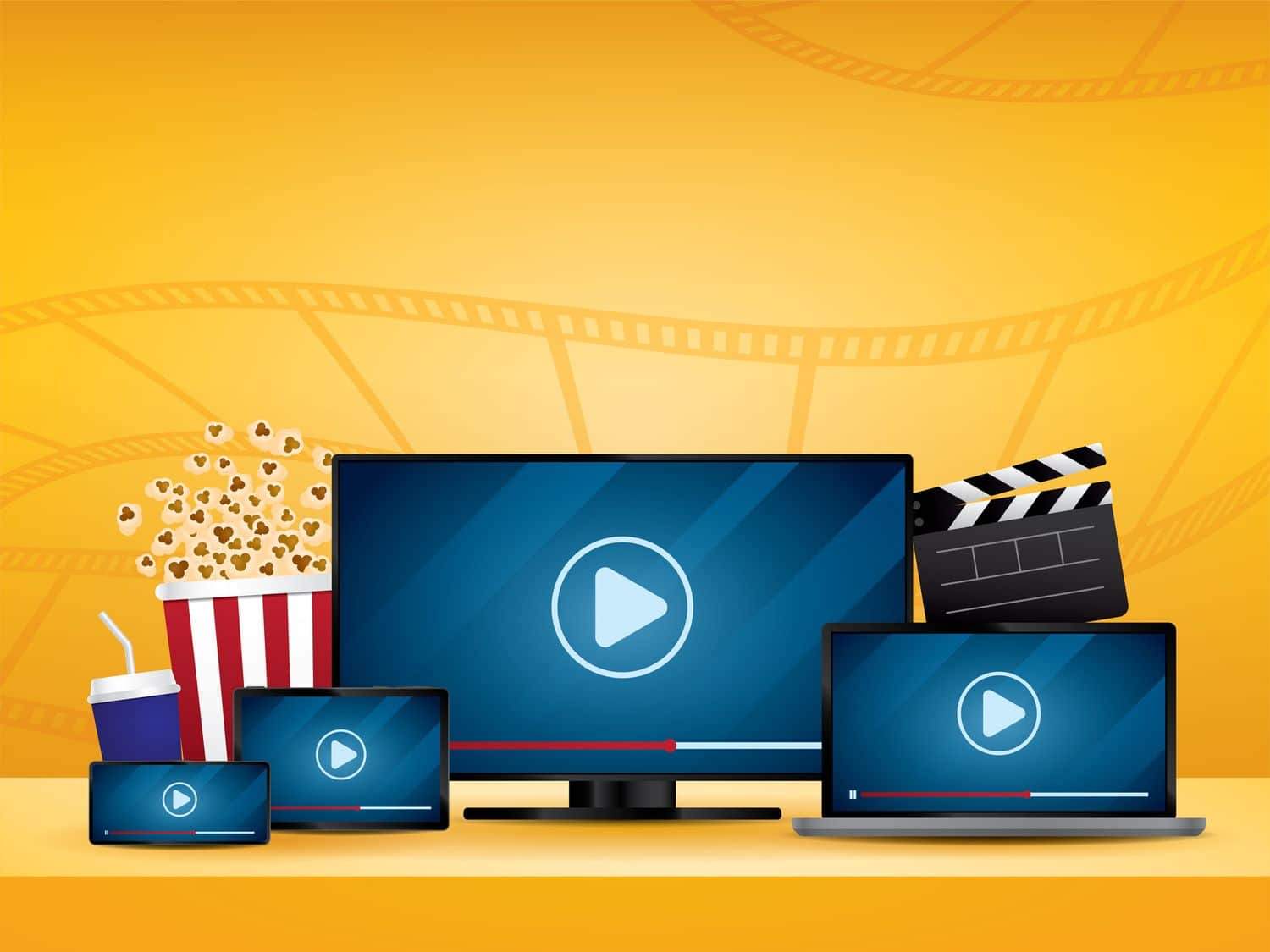VPN (Virtual Private Network) is a technology that allows users to connect to the internet through a secure, encrypted connection. VPNs are used to protect user data and privacy, as well as to access blocked content and websites. In this article, we will discuss the benefits and uses of VPNs, as well as some considerations to keep in mind when choosing a VPN service.
Benefits of VPN
- Security : One of the main benefits of using a VPN is increased security. VPNs encrypt user data, making it difficult for hackers or government agencies to intercept and read the data. This is especially important when using public Wi-Fi networks, which are often unsecured and easy for hackers to access.
- Privacy: VPNs also protect user privacy by hiding their IP address and location. This can help to prevent targeted advertising and data collection. Additionally, many VPN services have a no-logs policy, which means that they do not keep any records of user activity.
- Access to blocked content : In some countries, certain websites and online services are blocked by the government. VPNs can help users to access these blocked websites by routing their internet connection through a server in a different location.
- Bypassing geo-restrictions: Some websites and online services are only available in certain countries. By connecting to a VPN server in the correct location, users can access these websites and services as if they were physically located in that country.
- Protecting your device: With the increasing use of smartphones and tablets, VPNs can protect these devices from hackers and other security threats when using public Wi-Fi networks.
Considerations When Choosing a VPN Service
- Server locations: The more server locations a VPN service has, the more options users have for accessing blocked content and bypassing geo-restrictions.
- Encryption: It’s important to choose a VPN service that uses strong encryption to protect user data. Look for VPNs that use AES-256 encryption or higher.
- Logging policy: Many VPN services keep logs of user activity. It’s important to choose a VPN service with a strict no-logs policy.
- Speed: VPNs can slow down internet connection speeds. It’s important to choose a VPN service that offers fast connection speeds.
- Customer support: Good customer support is important for troubleshooting and resolving any issues that may arise.
- Cost: The cost of a VPN service can vary widely. It’s important to choose a VPN service that fits within your budget.
- Compatibility: Make sure the VPN service you choose is compatible with the devices you plan to use it on.
- Jurisdiction: The jurisdiction under which a VPN service operates can affect its logging policy and ability to protect user privacy. It’s best to choose a VPN service that operates in a jurisdiction with strong privacy laws.
How to use a VPN
- Choose a VPN service: The first step in using a VPN is to choose a VPN service. There are many VPN services available, so it’s important to research and compare different options to find the best one for your needs.
- Download and install the VPN software: Once you have chosen a VPN service, you will need to download and install the VPN software on your device. This process is usually straightforward and can be done in just a few minutes.
- Choose a server location: Once the VPN software is installed, you will need to choose a server location. This will depend on the content you want to access and the location you want to appear to be in. Some VPN services will automatically select the best server for you, while others will give you the option to choose from a list of locations.
- Connect to the VPN: Once you have chosen a server location, you can connect to the VPN. This is usually as simple as clicking a button in the VPN software. Once connected, your internet connection will be routed through the VPN server, providing increased security and privacy.
- Enjoy secure and private browsing: Once connected to the VPN, you can browse the internet as usual. Your data will be encrypted and your IP address and location will be hidden, providing increased security and privacy.
- Disconnect from the VPN: When you are finished using the VPN, you should disconnect from it. This will stop routing your internet connection through the VPN server and return your connection to its normal state.
There are many VPN brands available on the market, each with its own set of features and benefits. Here are a few popular VPN brands and some of the pros and cons of each:
- ExpressVPN:
- Pros:
- Fast and reliable connections
- Strong encryption
- Wide server network
- No-logs policy
- Strong customer support
- Cons:
- Relatively expensive
- Limited free trial
- Limited configuration options

Protect Your Privacy from Your ISP with VPN. No Activity or Connection Logs. 24/7 Support. See for Yourself. Try the World’s Best VPN Risk-Free With a 30-Day Money-Back Guarantee. Updated Daily. Live Chat Available. Works on Any Device. 160 VPN Locations.
- NordVPN:
- Pros:
- Strong security features
- Large server network
- No-logs policy
- Double VPN feature for added security
- Automatic kill switch
- Cons:
- Slightly slower connection speeds
- Higher cost than some competitors
- CyberGhost:
- Pros:
- User-friendly apps
- Large server network
- No-logs policy
- Automatic kill switch
- Ad and malware blocking
- Cons:
- Slower connection speeds
- Higher cost than some competitors
- Surfshark:
- Pros:
- Affordable pricing
- No-logs policy
- Wide server network
- Automatic kill switch
- Ad and tracker blocking
- Cons:
- Limited server options in some countries
- Connection speeds may be slower
- Private Internet Access (PIA):
- Pros:
- Affordable pricing
- No-logs policy
- Automatic kill switch
- Ad and malware blocking
- Cons:
- Smaller server network
- Connection speeds may be slower
In conclusion, VPNs are a valuable tool for increasing security, protecting privacy, and accessing blocked content. However, it’s important to choose a VPN service that is reliable and fits your needs. This includes considering the server locations, encryption, logging policy, speed, cost, and customer support. With the right VPN service and proper usage, you can enjoy a more secure and private internet experience.



